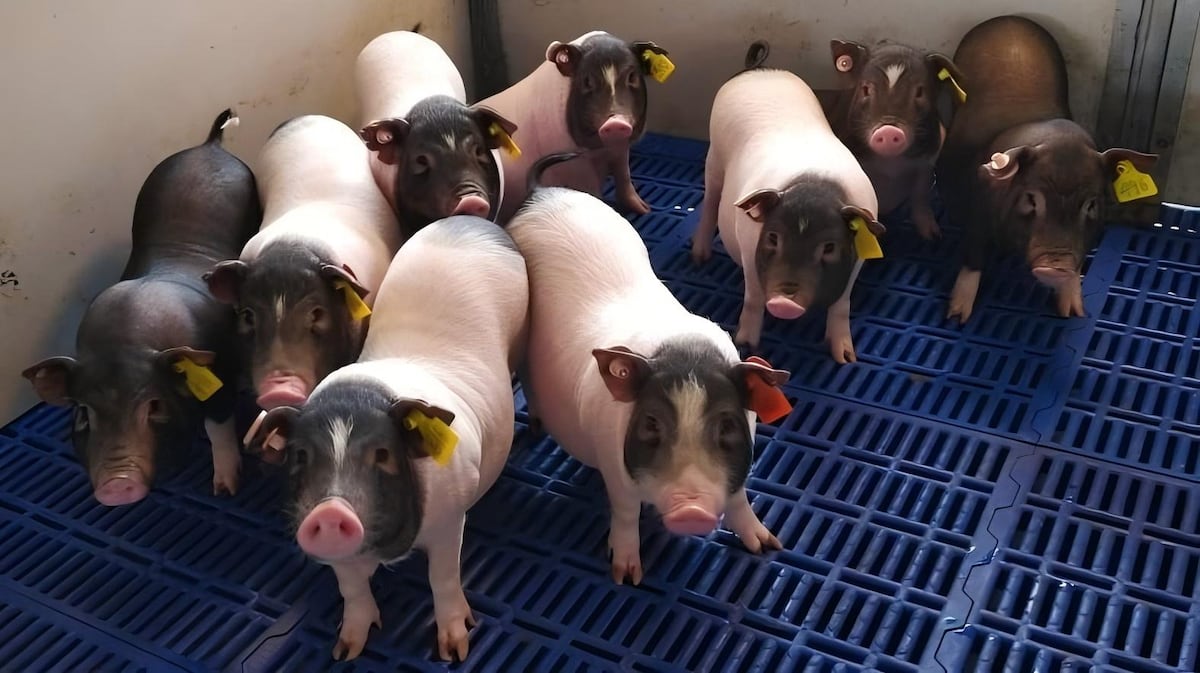
"A 39-year-old man in a Chinese hospital, who was declared brain-dead, has become the first person in the world to receive a lung transplant from an animal of another species. The organ, from a genetically modified pig designed to prevent rejection, functioned for nine days until the patient's family requested the experiment be ended. Scientists at Guangzhou Medical University claim that the procedure demonstrates the feasibility of this treatment, while acknowledging that significant challenges remain."
"Clonorgan Biotechnology used CRISPR to genetically modify a Bama Xiang pig, a breed native to a mountainous region in southern China. The company inserted three human genes and silenced three pig genes to prevent organ rejection. The donor pig, a 70-kilogram male, was raised in total isolation under strict biosecurity conditions to prevent contact with pathogens. The results of the operation, performed on May 15, 2024, were published Monday in the specialized journal Nature Medicine."
A genetically modified pig lung was transplanted into a 39-year-old brain-dead man in China and functioned for nine days before the family requested termination. The donor organ came from a CRISPR-modified Bama Xiang pig with three human genes inserted and three pig genes silenced to reduce rejection risk. The donor animal was raised under strict biosecurity and isolation to avoid pathogens. The operation was performed on May 15, 2024, and results were published in Nature Medicine. Previous xenotransplantation attempts date back to the early 20th century, and a 2022 pig-heart case failed due to porcine cytomegalovirus. Significant scientific, safety, and ethical challenges remain.
Read at english.elpais.com
Unable to calculate read time
Collection
[
|
...
]